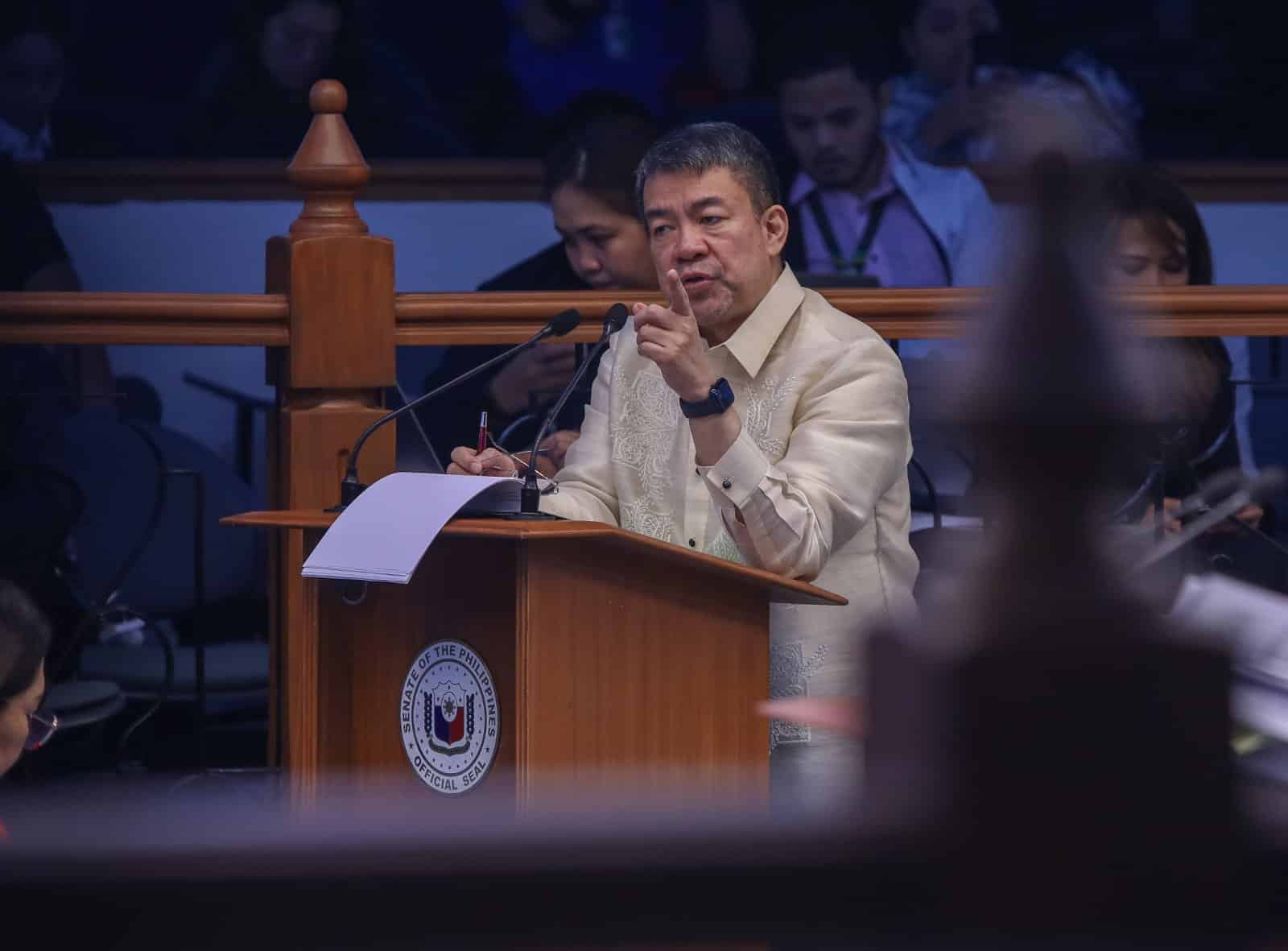Senator: Stop PhilHealth fund transfer
MANILA, Philippines — The easiest way to stop the transfer of P89.9 billion from the Philippine Health Insurance Corp. (PhilHealth) to fund other government projects is for President Ferdinand Marcos Jr. to simply issue an order, according to Senate Minority Leader Aquilino Pimentel III.
“Yes … that is the easiest [way],” he said in a radio interview on Sunday.
“But if we have to wait for the next Sona (State of the Nation Address), that would be too long,” he said, laughing. “It looked like the President was waiting for a dramatic special announcement and made in the Sona … the next Sona is still a long time.”
Pimentel was referring to Marcos’ third Sona, where he announced his decision to ban Philippine offshore gaming operators (Pogos) in the country.
READ: PhilHealth fund transfer: What to know
Article continues after this advertisementIn an earlier statement, Pimentel said he was “disarmed” over the President’s decision on Pogos, saying Mr. Marcos listened to the “overwhelming sentiment of the Filipino people” and that it was “his best Sona so far.”
Article continues after this advertisementThe Senate leader and health advocates on Friday asked the Supreme Court to block the diversion of PhilHealth’s excess funds.
READ: SC asked to stop transfer of P90-B PhilHealth funds
The petition for a temporary restraining order was sought against Department of Finance (DOF) Circular No. 003-2024, which ordered the transfer of billions of unused PhilHealth funds for “unprogrammed appropriations.”
The petitioners cited several alleged constitutional violations in the fund transfer, including the insertion of a “rider” in the 2024 national budget to justify the fund transfer. That move to transfer the fund itself was already unconstitutional because it exceeded Congress’ power to appropriate funds. The transfer also cannot amend the provisions of the Universal Health Care Act on PhilHealth, it added.
Budget rider hit
The petitioners noted that the national budgets from 2021 to 2023 did not have such a provision that allowed “excess reserve funds” of the government-owned and-controlled corporations (GOCCs) to be returned to the national treasury, saying this was the “first time” it was inserted in the General Appropriations Act.
The DOF circular, issued in February, was reportedly in compliance with the 2024 budget law directing the finance department to issue guidelines to implement the collection of unprogrammed appropriations sourced from the fund balances of GOCCs.
But Pimentel, in the radio interview, questioned why the DOF apparently singled out PhilHealth among the GOCCs.
“They should not target the PhilHealth fund. Why don’t they execute their legal basis to other GOCCs … they can find other GOCCs,” he said.
The DOF earlier defended its directive for GOCCs, including PhilHealth, to remit unused subsidies to the national treasury, saying the excess money can be used to fund projects to help boost the economy.
Of the P89.9 billion, P20 billion has been transmitted to the national treasury, while the rest will be released gradually, Finance Secretary Ralph Recto said earlier.
“But PhilHealth’s money is meant to be spent for the health of the people, not for the health of the economy. That’s very different. The health of the economy is just a prediction, we don’t even know whether or not the economy will get healthy. But the money of PhilHealth comes from the contribution of its members. So the reserved funds belong to the members,” Pimentel said.
